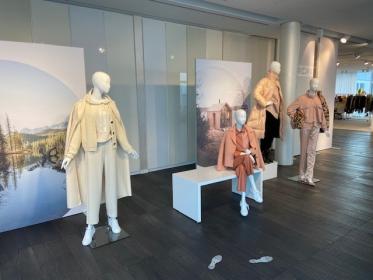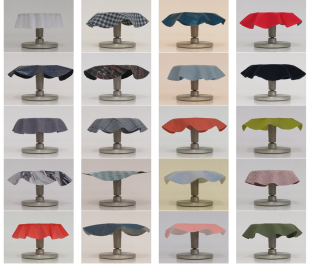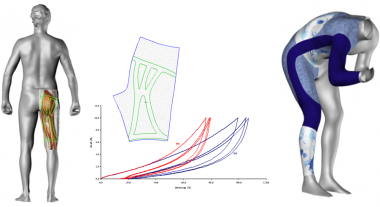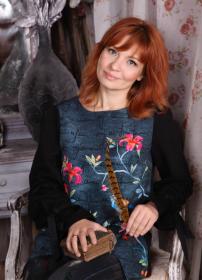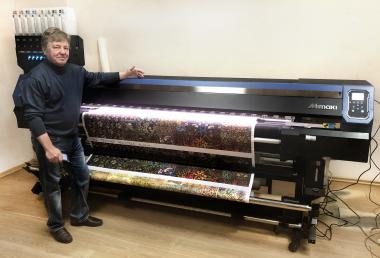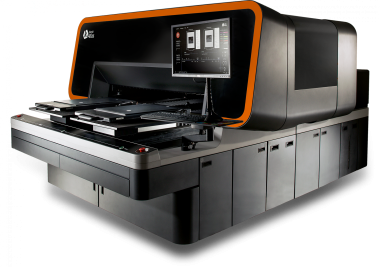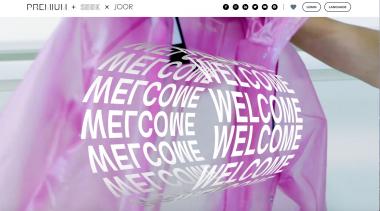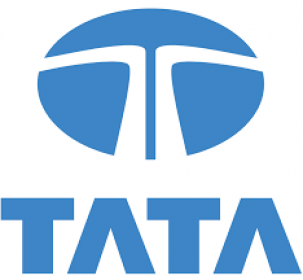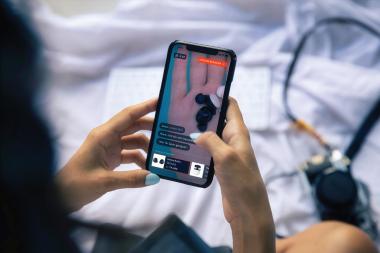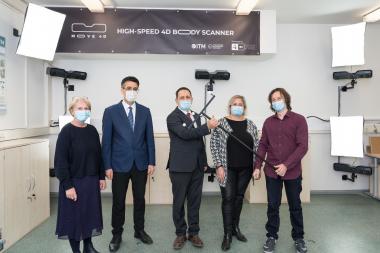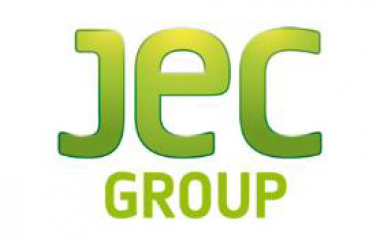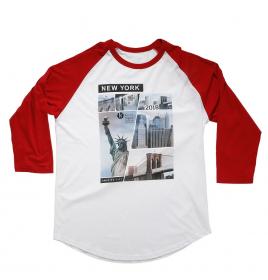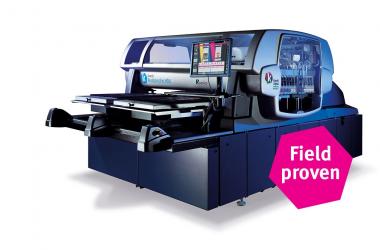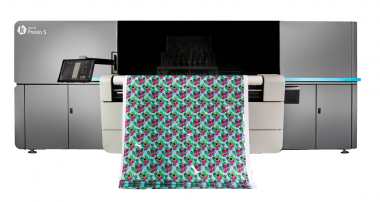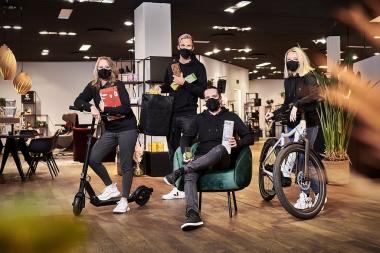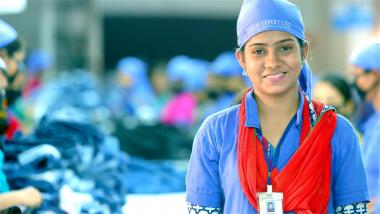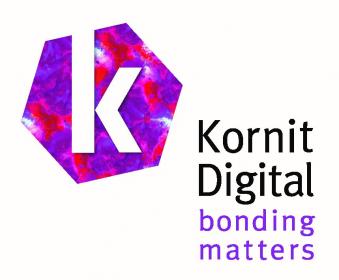DFD Januar/Februar 2021: Verlässliche Anlaufstelle für Einkäufer
Trotz des harten Lockdowns fanden in Düsseldorf in der vergangenen Woche die Kollektionssichtung und Order der Fall/Winter-Kollektion 2021 im Rahmen der Düsseldorf Fashion Days statt. Dank strenger Hygiene-Auflagen und starker Entzerrung des Orderaufkommens durch die Vergabe von Einzelterminen. In über 600 Showrooms platzierten Einkäufer aus ganz Deutschland ihre Order. Die Supreme Women&Men stellte temporäre Showroom-Flächen für ihre Partner zur Verfügung, während die Gallery FASHION & Shoes als rein digitales Format stattfand. Die Bilanz: Die Frequenz war erwartungsgemäß niedriger als vor der Pandemie, dennoch schätzt die Branche die Verlässlichkeit des Orderstandortes Düsseldorf sowie den persönlichen Austausch vor Ort.
„Dass die Düsseldorf Fashion Days stattfinden konnten, ist ein wichtiges Signal für die gesamte Branche und unterstreicht die Relevanz des Modestandortes. Der neue Name DFD kommt zudem beim Fachpublikum sehr gut an. Unter dem Dachbegriff DFD lassen sich das Fashion-Business sowie branchenübergreifende neue Konzepte perfekt vereinen. Diese Entwicklung fokussieren wir von städtischer Seite: Mit einem geplanten Festival-Konzept zur Sommerausgabe wird nicht nur das Orderbusiness gestärkt, sondern die gesamte Stadt inklusive Einzelhandel, Gastronomie, Kultur- und Eventbranche profitiert von der neuen Ausrichtung der Ordertage", erklärt Theresa Winkels, Leiterin der Wirtschaftsförderung Düsseldorf.
„Aufgrund der gegenwärtigen Situation sind wir in dieser Orderrunde ganz anders präsent: Digital und mit erweiterter Laufzeit vom 28. Januar bis 15. Februar 2021. Eine völlig neue Erfahrung, die wir jedoch sehr wertschätzen, weil wir uns damit neue Vertriebskanäle und eine erweiterte Präsenz für die Gallery-Formate geschaffen haben. Somit sind in Zukunft auch Hybridformate denkbar. Unser Wirkungskreis ist dadurch flexibler geworden. Mit ‚Gallery FASHION & Shoes digital‘ haben wir uns vollständig als Teil der DFD gefühlt, freuen uns aber dennoch auf die kommende Präsenzveranstaltung Gallery SHOES & Fashion vom 18. bis 20. April 2021 mit begleitendem Showroom Concept“, sagt Ulrike Kähler, Managing Director Igedo Company.
Düsseldorf Fashion Days Fashion Net Düsseldorf e. V. Modebranche Textil- und Modebranche Covid-19 digital
PR + Presseagentur textschwester






